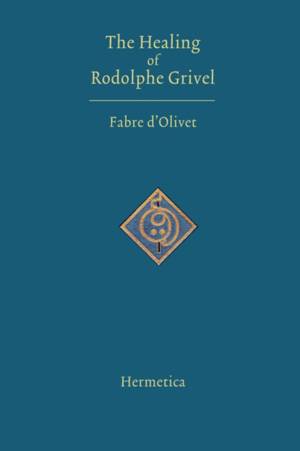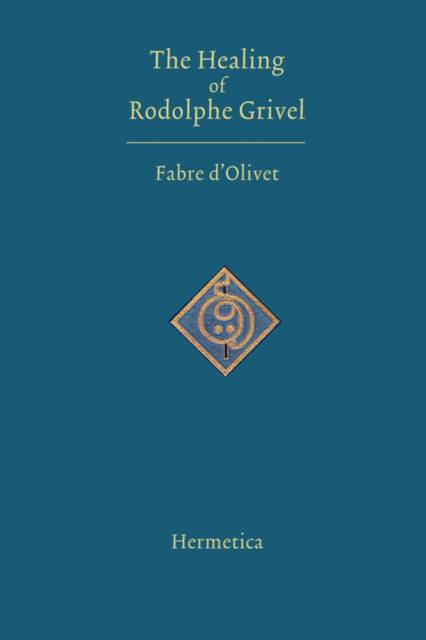
Je cadeautjes zeker op tijd in huis hebben voor de feestdagen? Kom langs in onze winkels en vind het perfecte geschenk!
- Afhalen na 1 uur in een winkel met voorraad
- Gratis thuislevering in België vanaf € 30
- Ruim aanbod met 7 miljoen producten
Je cadeautjes zeker op tijd in huis hebben voor de feestdagen? Kom langs in onze winkels en vind het perfecte geschenk!
- Afhalen na 1 uur in een winkel met voorraad
- Gratis thuislevering in België vanaf € 30
- Ruim aanbod met 7 miljoen producten
Zoeken
Omschrijving
Antoine Fabre d'Olivet (December 8, 1767-March 25, 1825) was a French author, poet, and composer whose biblical and philosophical hermeneutics in?uenced many occultists, such as Eliphas Lévi and Gerard Encausse (Papus), and René Guénon. D'Olivet spent his life pursuing the esoteric wisdom concealed in the Hebrew scriptures, Greek philosophy, and the symbolism of many ancient cultures as far back as ancient India, Persia, and Egypt. His writings are considered classics of the Hermetic tradition. His best known works today are his research on the Hebrew language (The Hebraic Tongue Restored), his translation and interpretation of the writings of Pythagoras (The Golden Verses of Pythagoras), and his writings on the sacred art of music. In addition to the above works, Hermetica has published in consistent facsimile format for its Collected Works of Fabre d'Olivet series Cain and Hermeneutic Interpretation of the Origin of the Social State of Man and the Destiny of the Adamic Race. D'Olivet's mastery of many ancient languages and their literatures enabled him to write this latter work (in the time of Napoleon), which remains a landmark investigation of the deeper esoteric undercurrents at work in the history of culture. Fabre d'Olivet claimed that the principles of all the sciences were to be found in the Sepher of Moses. To prove his assertion, he experimented on a boy of fifteen, a congenital deaf-mute, and succeeded in giving him the faculties of hearing and speech. The story of the cure as well as the method by which it was accomplished is told in this book.
Specificaties
Betrokkenen
- Auteur(s):
- Vertaler(s):
- Uitgeverij:
Inhoud
- Aantal bladzijden:
- 296
- Taal:
- Engels
Eigenschappen
- Productcode (EAN):
- 9781597312035
- Verschijningsdatum:
- 15/11/2007
- Uitvoering:
- Paperback
- Formaat:
- Trade paperback (VS)
- Afmetingen:
- 152 mm x 229 mm
- Gewicht:
- 453 g

Alleen bij Standaard Boekhandel
+ 36 punten op je klantenkaart van Standaard Boekhandel
Beoordelingen
We publiceren alleen reviews die voldoen aan de voorwaarden voor reviews. Bekijk onze voorwaarden voor reviews.









